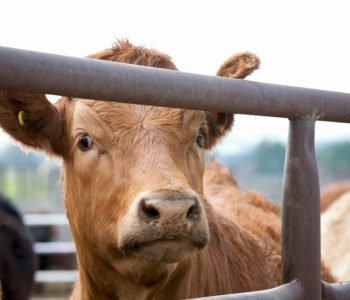Assessing Mazzaella japonica as a Solution for Methane Reduction in Beef Cattle
Study Objective and Methodology
A study conducted at the Beef Cattle Metabolism Facility of Agriculture and Agri-Food Canada, Lethbridge Research and Development Centre (Lethbridge, AB), aimed to investigate the effects of incorporating Mazzaella japonica, a red seaweed, in beef cattle diets. Six mature heifers were subjected to a double 3 × 3 Latin square design over 35-day periods. Dietary treatments included 0% (control), 1%, and 2% M. japonica inclusion on a dry matter basis.
Results
An increase in dry matter intake (DMI) was observed with M. japonica inclusion, with heifers consuming 1% exhibiting significantly higher intake compared to controls. However, apparent
Discussion
Supplementing forage-based diets with M. japonica failed to mitigate enteric CH4 yield in beef cattle, despite a slight decrease in daily CH4 production at higher inclusion rates. This highlights the importance of further research into alternative seaweeds for methane mitigation and emphasizes the complex interactions between dietary components and methane production in ruminants.
Conclusions
While M. japonica can contribute to meeting cattle’s protein requirements, its high inorganic fraction, particularly elevated sulfur content, may limit inclusion rates. Thus, at levels up to 2% of the diet, M. japonica cannot be recommended as a CH4 inhibitor for beef cattle fed high-forage diets.
